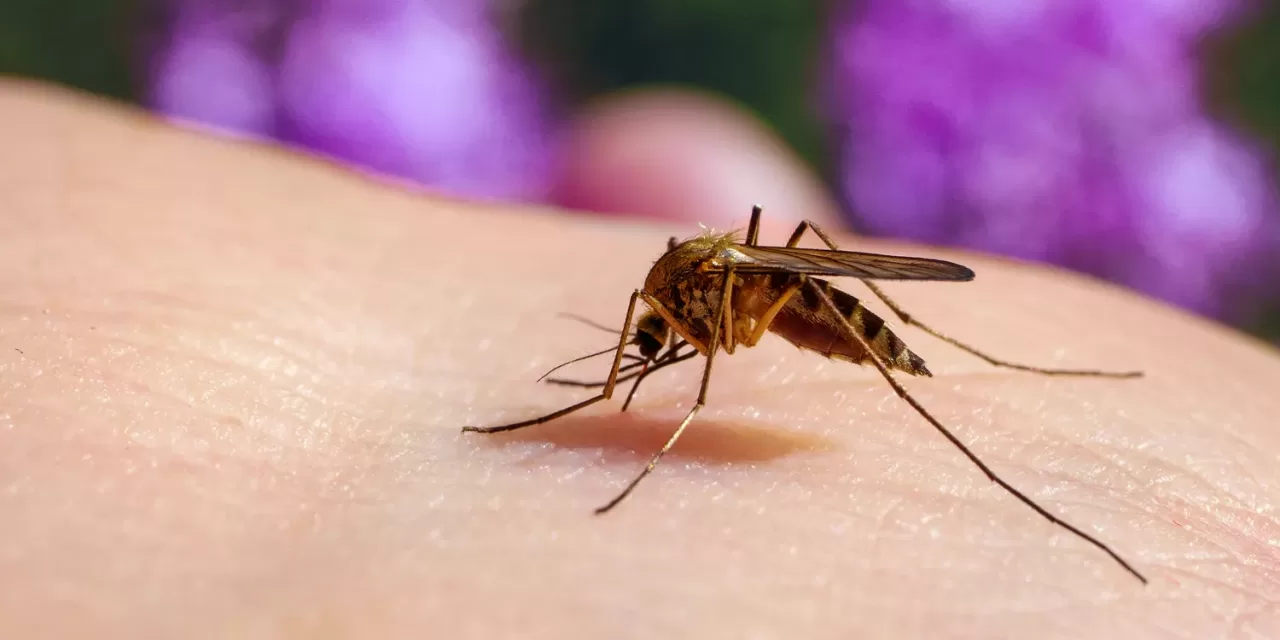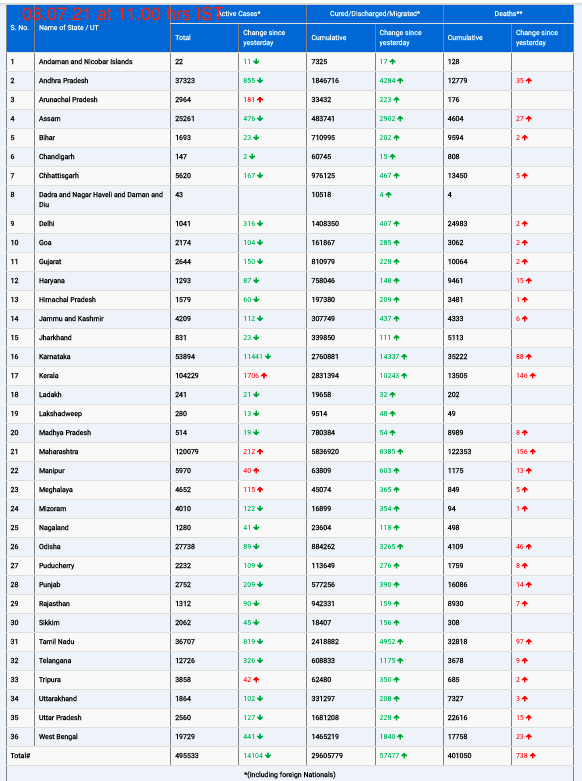December 5, 2024 — In a breakthrough for malaria control, researchers at the Johns Hopkins Bloomberg School of Public Health have developed a bacteria-based biopesticide that has shown exceptional promise in killing malaria-carrying mosquitoes, including those resistant to chemical pesticides. Early field tests conducted in western Africa demonstrated the biopesticide’s potential to significantly reduce mosquito populations and disrupt malaria transmission.
The experimental biopesticide is derived from dead cells of a common soil bacterium, Chromobacterium. In laboratory and semi-field tests, the biopesticide effectively killed both pesticide-resistant and non-resistant Anopheles mosquitoes. It also weakened the insects’ resistance to chemical pesticides, disrupted their ability to seek blood meals, and inhibited their capacity to transmit the malaria parasite.
A Revolutionary Approach
“This biopesticide has a unique set of features that suggest it could be a powerful new weapon against malaria,” said Dr. George Dimopoulos, senior author of the study and deputy director of the Johns Hopkins Malaria Research Institute.
Unlike traditional pesticides, this biopesticide doesn’t foster genetic resistance in mosquitoes, even after prolonged exposure over multiple generations. Additionally, the dried and powdered preparation is highly stable, heat-resistant, and shows no toxic effects on mammals, making it an appealing option for use in malaria-endemic regions.
Field and Lab Success
The biopesticide was tested in laboratory conditions and “MosquitoSphere” facilities in Burkina Faso, which mimic real-world village and agricultural environments. At its highest dose, the biopesticide eliminated most mosquitoes in these controlled settings. Mathematical models suggest this could translate to significant mosquito population reductions in actual field conditions.
Even at lower doses, the biopesticide impaired the mosquitoes’ ability to seek out human hosts and reduced the likelihood of malaria parasites surviving within the mosquitoes. The compound works by targeting a detoxification enzyme in mosquitoes, effectively turning their natural defenses against themselves.
Malaria’s Global Burden
Malaria, primarily spread by Anopheles mosquitoes, affects over 250 million people annually and claims approximately 600,000 lives, mostly children under five in sub-Saharan Africa. While vaccines and chemical pesticides have contributed to controlling the disease, the growing resistance of mosquitoes to insecticides has created an urgent need for new solutions.
Next Steps
The researchers plan to pursue U.S. Environmental Protection Agency (EPA) approval for the biopesticide and conduct larger-scale field tests to evaluate its impact on malaria incidence. They are also working to pinpoint the specific components of Chromobacterium responsible for its anti-mosquito effects.
“It’s exciting to have discovered something so novel with the potential to control malaria,” said Dr. Dimopoulos, whose team’s work was initially focused on understanding mosquito immunity.
Broader Implications
If successful in future trials, this biopesticide could become a game-changing tool in global malaria eradication efforts. The study, titled “Chromobacterium Biopesticide Overcomes Insecticide Resistance in Malaria Vector Mosquitoes”, was published in Science Advances on December 4, 2024.
The research was funded by the U.S. Agency for International Development (USAID), the Innovative Vector Control Consortium, and the Johns Hopkins Malaria Research Institute.












